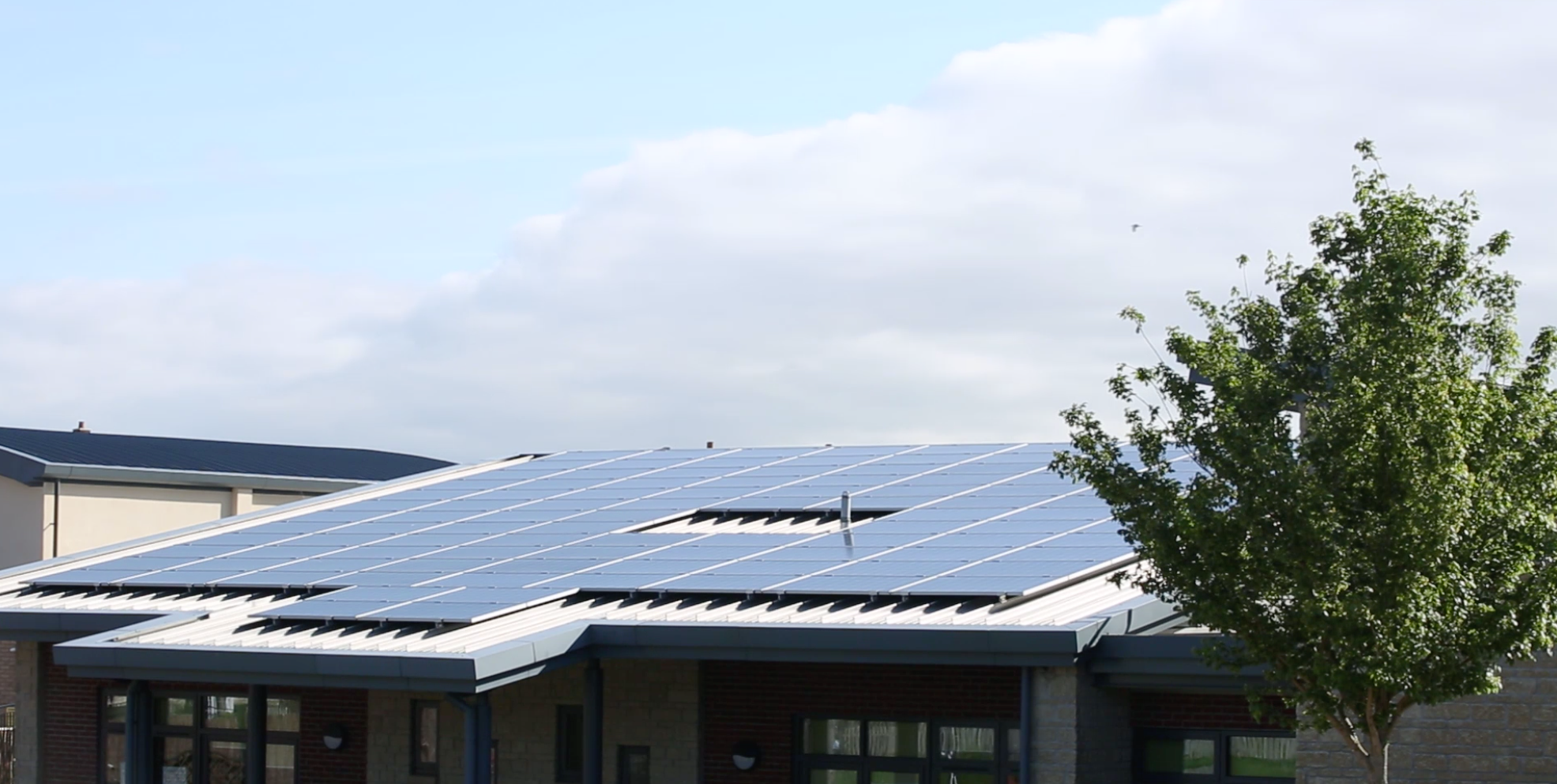Why are the costs for mains electricity going up? (Feb 06, 2018)

Securing energy costs through solar panels could be the soundest financial decision you make in 2018.
In an unusual turn of events, one school last year opted to pay more for their solar electricity than their mains electricity. The Dassett Church of England Primary School in Southam, Warwickshire struck this atypical deal to pay one pence more per unit (kWh) of electricity for their solar electricity than their mains electricity, and as a result they will see no financial savings in the first few years.
Why did they do it?
Put simply, the school governors took a long-term view when approaching this decision. One of the governors, Julian Leslie, is also the Head of Network Capability Electricity at the National Grid. In his role at the National Grid, Julian Leslie is responsible for identifying future transmission network requirements and recommending the best economic options to develop and sustain the network.
For the school, the decision was about securing a supply of renewable energy that would be fixed to inflation and not to energy price rises, that would guarantee them energy cost savings in the future.
Based on our research, we found forecasting indicators for energy price increases are set at 4.7% per year and inflation at 2.7% per year, based on government statistics for energy price increases over 14-year averages and inflationary figures from the Office for National Statistics. Another indicator by the Department for Business, Energy and Industrial Strategy (BEIS) shows electricity prices for the very small, non-domestic consumers (the category for schools) rising by around 6% per year, also based on 14-year averages.
Finding energy price rise projections are hard. The Committee for Climate Change, which advises government on emissions targets and reports to Parliament on progress, predicts electricity prices doubling by 2030. So it is clear that there is only one way mains electricity prices are going: up.
Given forecasting indicators and projected prices for mains electricity, solar electricity prices, fixed to inflation, are a much better choice and will deliver long-term savings on electricity costs. In addition, electricity prices are expected to rise steeply in the not-too-distant future and so installing solar panels early will bring greater benefits.
So for the Dassett, making the decision to go solar was easy and it was about installing as much as they could as soon as they could.
Why are the costs for mains electricity going up?
The drivers behind forecasted electricity price increases are many and complex. It is interesting to note that one of the largest additional costs that mains electricity users will need to bear in the future comes from preparing the grid to support more sustainable energy generation.
If decarbonising the economy is really going happen, there has to be a shift towards more renewable energy sources. This shift has already begun and it will only pick up speed in the coming years. And if it doesn’t, we all will be in trouble due to a reliance on a limited energy resource with many severe environmental implications. No one wants trouble!
The transition to a low carbon future is one which requires investment in the new renewable technology itself, in the networks that connect the new forms of energy and the new grid operational services that are required in order to maintain a secure electricity supply.
All of these factors are going to push up prices that customers pay for mains electricity, so projections that prices per kWh are set to double by 2030 are not as implausible as they may initially sound.
According to Julian Leslie, “It is essential that pupils learn about the challenges of living more sustainably in the future. As a school, we need to lead by example.
“Installing solar panels is just the start, but it enables our students to start understanding the challenges and sheer scale of the task ahead. Shifting from fossil fuels to sustainable energy sources, such as solar and wind, is going to require a mind shift to change the way we think about and use energy.
“When choosing to install solar panels of the roof of the school, it was an easy decision to pay a little more today, and get the educational benefits along with the knowledge that a large part of our electricity bill for the school is protected against any potential future electricity price increases,” he says.
So, what are you waiting for? Securing energy costs through solar panels could be the soundest financial decision you make in 2018.
Julian Leslie has joined the Board of Directors for the Solar for Schools Community Benefit Society that manages and funds the solar panel installations in schools in the UK.